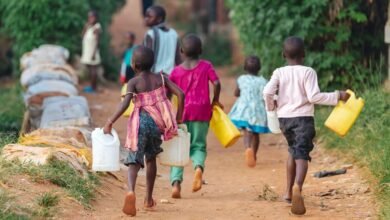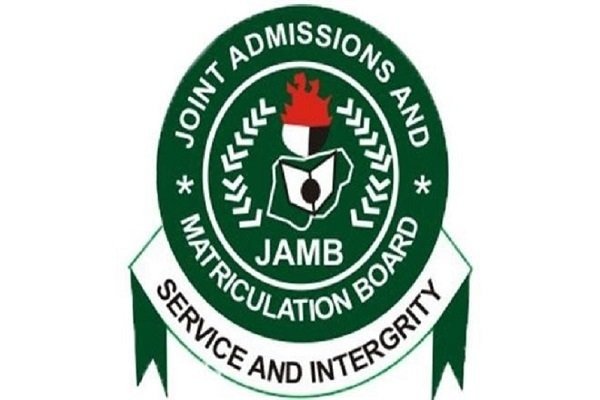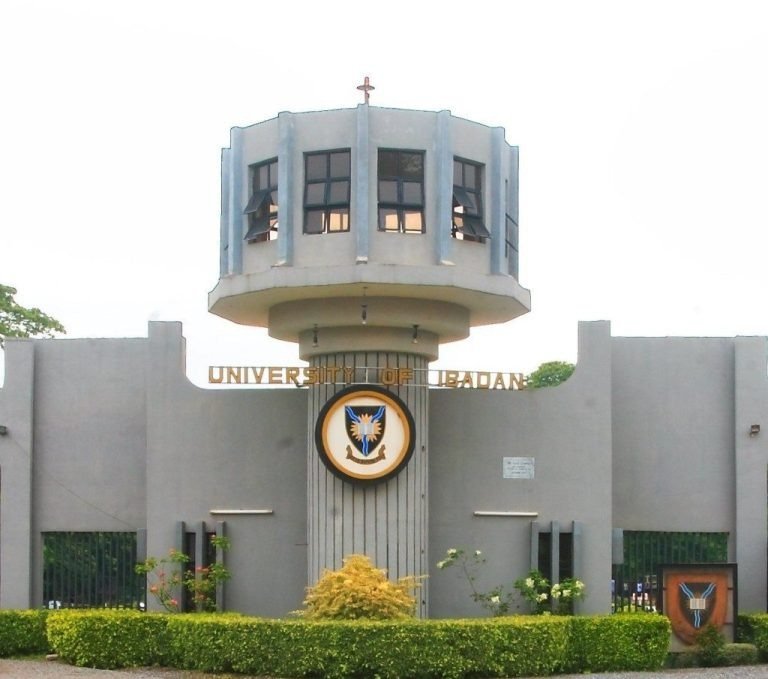Delhi Schools Go Hybrid Due to Severe Air Pollution

Delhi authorities have ordered primary schools to shift to hybrid learning and imposed a ban on non-essential construction as air quality in the capital reaches dangerous, “severe” levels.
PM2.5 concentrations reached 438 on Wednesday, around 30 times higher than the WHO’s safe limit. Doctors warn that exposure at these levels can harm even healthy children and poses serious risks to those with existing conditions. Families are being urged to keep children indoors and use protective masks if going outside is unavoidable.
Seasonal toxic smog has again enveloped Delhi, driven by multiple factors including slow wind speeds, vehicle emissions, industrial output, colder temperatures, and crop-burning in nearby states.
Under the Graded Response Action Plan (GRAP), authorities have intensified controls, restricting heavy-polluting activities and movement of dust-carrying vehicles.
The crisis has sparked public protest and political dispute, with opposition figures accusing the government of mishandling and allegedly “manipulating” air-quality data, claims officials deny.
As pollution climbs, families and children remain at heightened risk, with health advocates stressing urgent action to safeguard young learners who are especially vulnerable to respiratory harm.
This situation highlights every child’s fundamental right to health, safety, and a clean environment. Under child-rights principles, governments must take steps to prevent conditions that directly endanger children’s physical well-being.
Ensuring that children can learn, play, and grow without exposure to hazardous air is essential. The response to Delhi’s pollution crisis reinforces the obligation to protect children from environmental harm, guarantee access to education, and prioritize their health in public policy.





